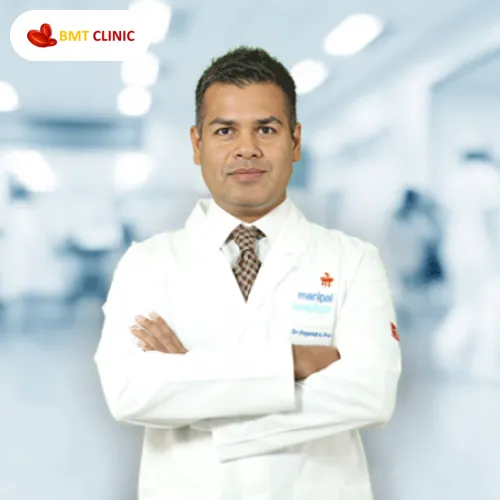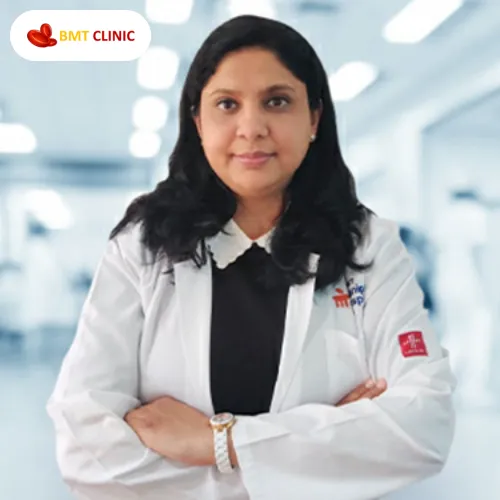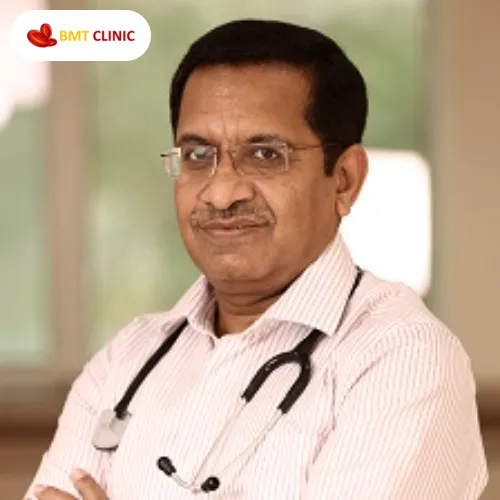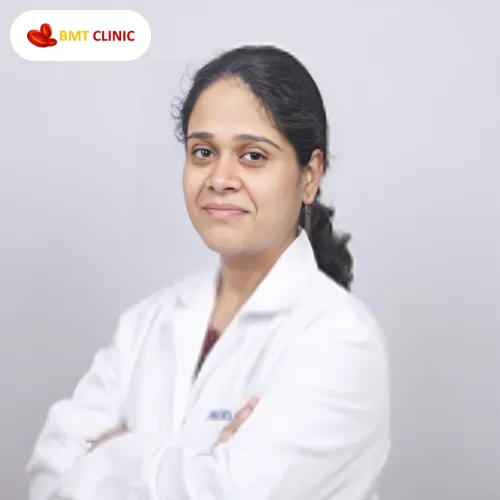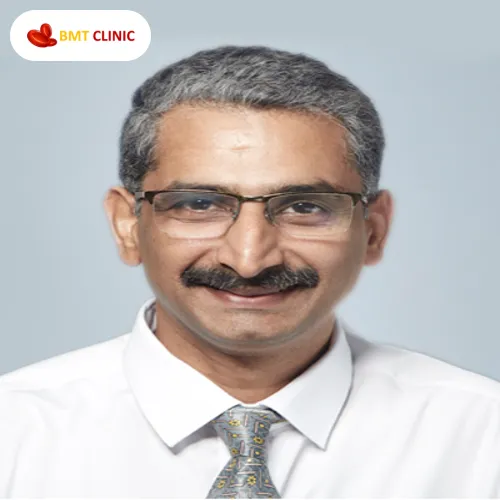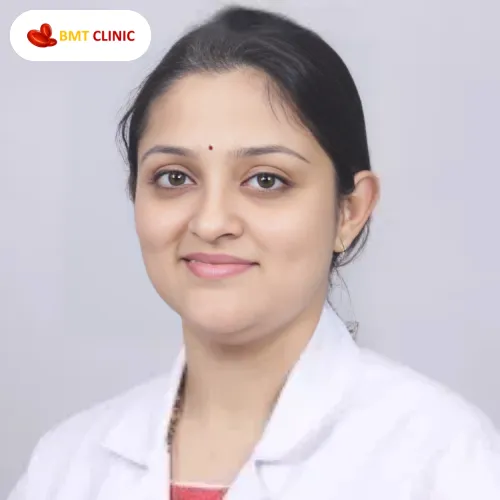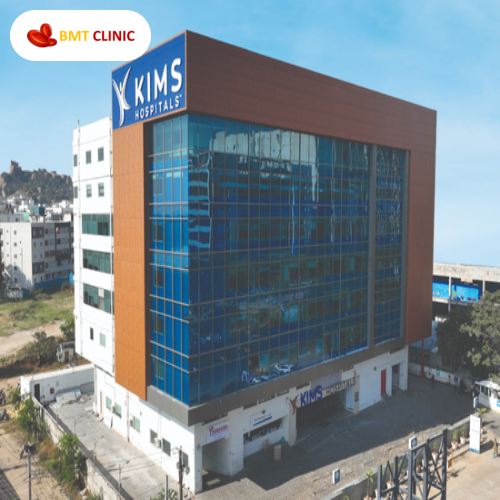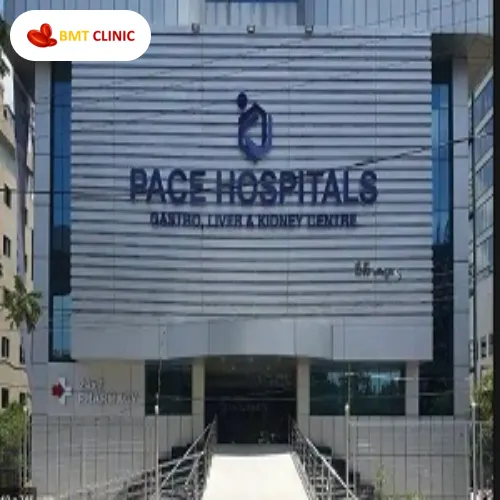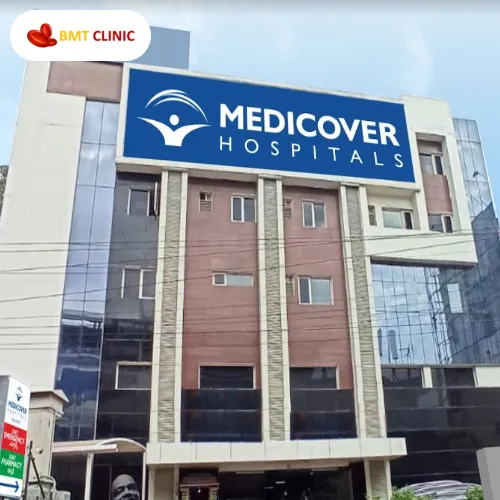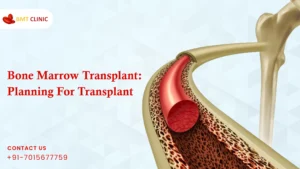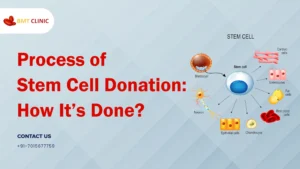Prof. Dr. A.M.V.R. Narendra, a distinguished Hemato-oncologist hailing from Hyderabad, India, is a renowned expert in stem cell transplantation with 29 years of experience. He completed MBBS from the University of Health Sciences Hyderabad in 1993, DNB – General Medicine from Nizam Institute of Medical Sciences, Hyderabad in 1998, and DM – Clinical Haematology from All India Institute of Medical Sciences, New Delhi in 2007.
He conducted the first syngeneic stem cell transplantation in Andhra Pradesh in 2008 and successfully established Allogeneic stem cell transplantation. In 2002, he devised the Anti-thymocyte globulin therapy for aplastic anemia patients, which has shown consistent success. Furthermore, he introduced Arsenic Trioxide therapy for acute promyelocytic leukemia and the treatment of haemophagocytic lymphohistiocytic syndrome.
Helpful – Acute Lymphoblastic Leukemia Treatment In India
Prof. Dr. A.M.V.R. Narendra’s Clinical Interests
- Aplastic anemia
- Stem cell transplantation
- Acute leukemia (AML, APML, ALL, lymphomas myeloma)
- Chronic myeloid leukemia and chronic lymphocytic Leukemia.
- Thalassemia
- Sickle cell disease
- Immune thrombocytopenia (ITP)
- Thrombosis and other blood clotting disorders
Member of Associations
- Member of the Indian Society of Haematology and Transfusion Medicine
Recommended Video – Symptoms of Thrombocytopenia


